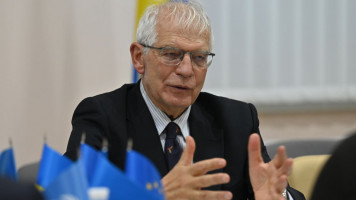Iranian father gets nine-year sentence for beheading teenage daughter in 'honour killing'
Fourteen-year-old Romina Ashrafi was killed by her father in May after allegedly eloping with a man aged 28.
Rana Dashti, the victim's mother, has said the legal outcome has since caused "fear and panic" for her family, in an interview with the Iranian Labor news agency (Ilna).
Dashti told the agency she has no intention of resuming life with her husband, and now has concerns for the well-being of her son and other family members.
Iran's penal code favours the notion that men have the right to 'discipline' women and girls who fall short of accepted norms of behaviour.
The local judiciary is said to have ignored 14-year-old Romina's calls to keep her from returning to her father's home, fearing of her life, after she ran away with a 28-year-old man.
Her father – regarded in Iran as his daughter's rightful 'guardian' - had earlier filed a complaint, prompting the police to summon Romina.
Twitter Post
|
In an interview, which emerged after her death, her father is said to have demanded that his wife pressure their daughter into taking her own life.
Authorities also arrested 28-year-old Bahman Khawri, who now faces a two-year jail sentence.
He claimed that Romina's father's objection to him marrying her was due to his Sunni faith.
When asked about the significant age difference between the two, Khawri reportedly told local media that he had only responded to calls for him to save her, after she disclosed that her father abused her daily, owing to his excessive drug use.
The case has provoked a major stir in Iran about the high incidence of so-called 'honour killing', the rights of children and gender bias in Iran's courts.
Iran's Guardian Council have tried to block parliamentary efforts to enhance child protection, on the grounds of such changes being 'un-Islamic'.
Read more: Iran passes child protection bill after gruesome so-called 'honour killing' of teenage girl
Iranian social media users have drawn attention to Romina's killing specifically because it originates within a rural community, where such 'honour' killing are more frequent, leading the state to turn a blind eye.
In some Iranian provinces, up to 20 per cent of murders are classified as 'honour killing', according to The Guardian.
Follow us on Facebook, Twitter and Instagram to stay connected

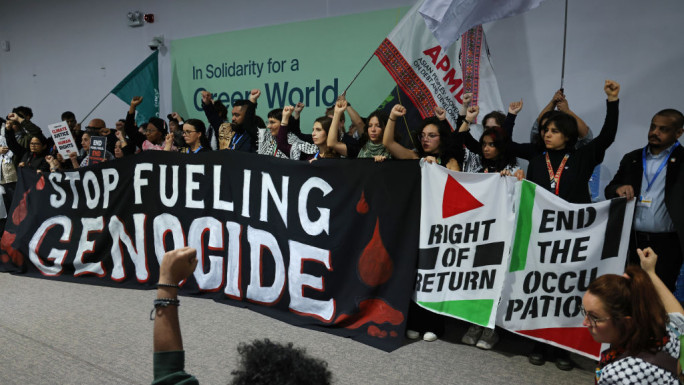

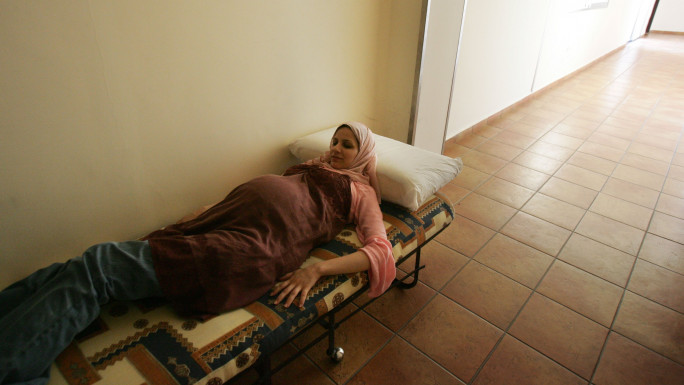
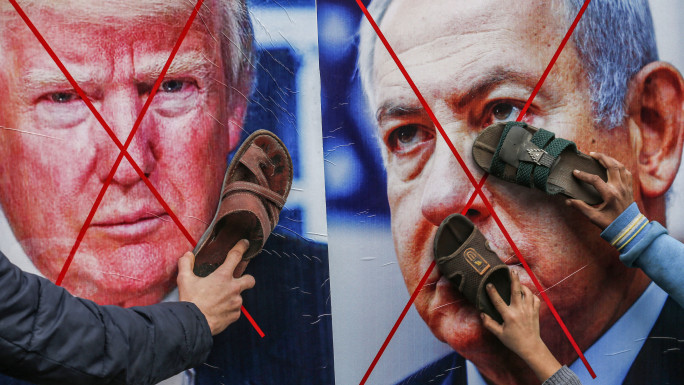
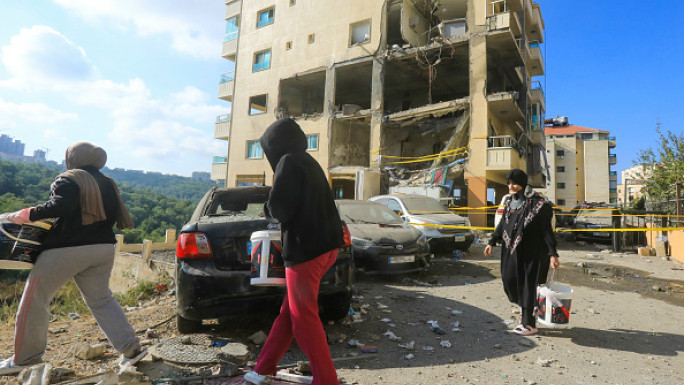
 Follow the Middle East's top stories in English at The New Arab on Google News
Follow the Middle East's top stories in English at The New Arab on Google News
![Gazans reel after Israel strike [Getty]](/sites/default/files/styles/image_330x185/public/2183300682.jpeg?h=a5f2f23a&itok=fN-GAQGE)

